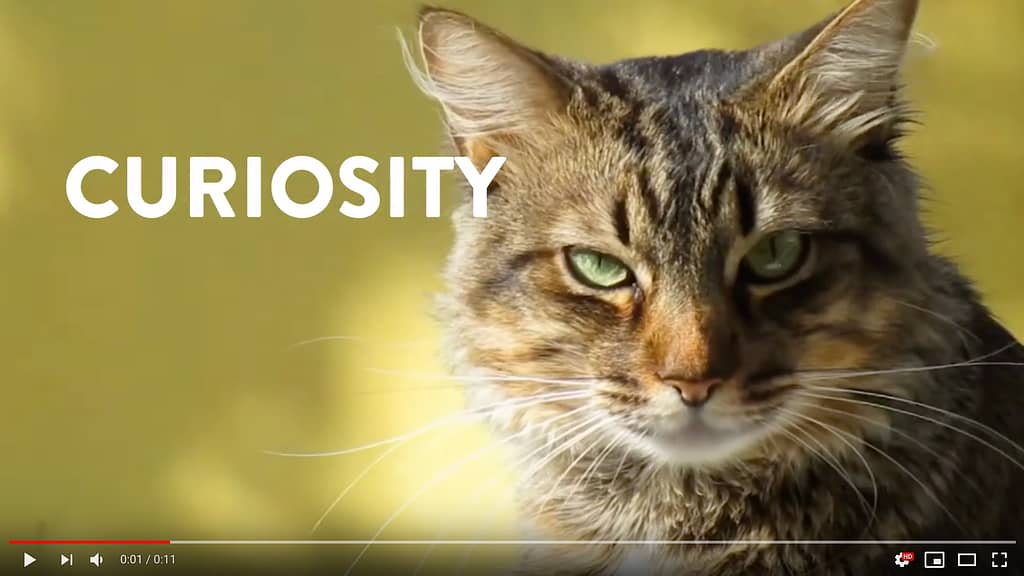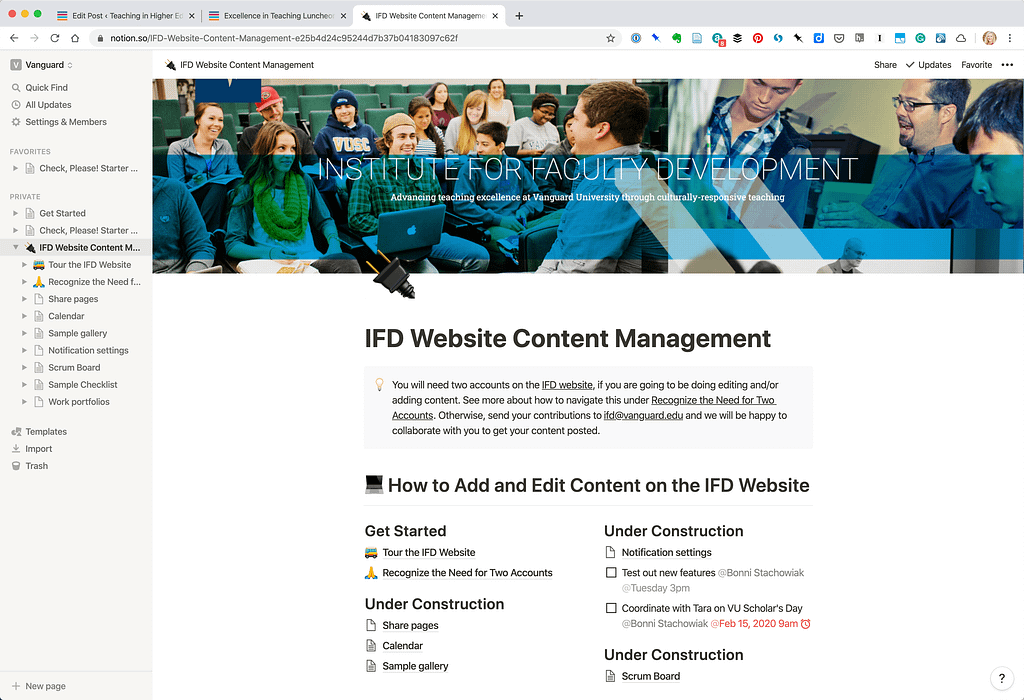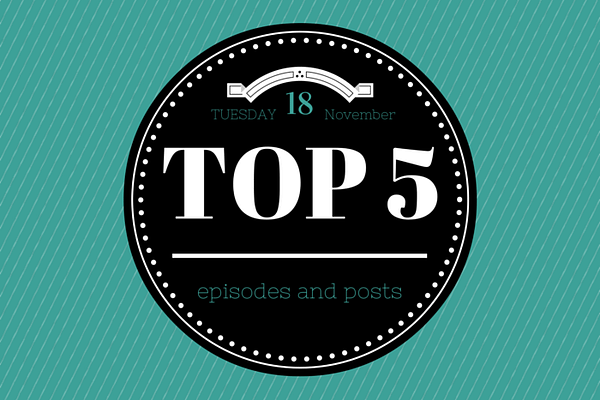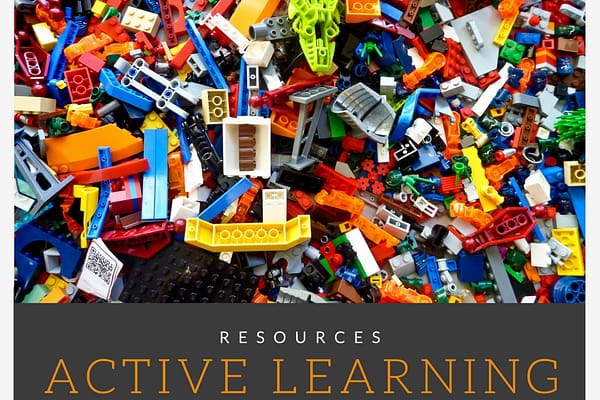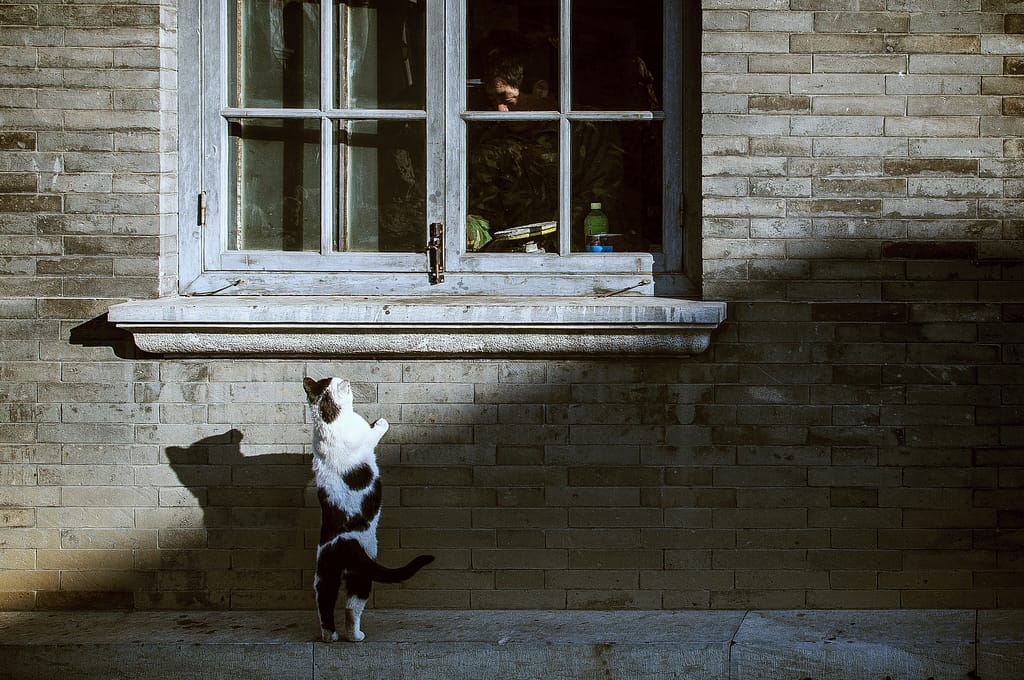
I recently picked up Josh Eyler’s How Humans Learn, again, to prepare for a talk I gave this past week at Tarleton State University for their Center for Instructional Innovation. It did not disappoint. If you haven’t had a chance to read it yet, I highly suggest you pick up a copy. Also, my thanks goes out to all the people I met at Tarleton State University this week. The stories you shared about how Teaching in Higher Ed has impacted your teaching were edifying to me and I'm honored to have had the opportunity to come to visit and share about curiosity with you in person at the conference.
With curiosity on my mind in recent weeks, I decided to blog about things that have come up that sparked my interest and made me want to learn more. Below, you will hear about a new feature in Canva that I am enjoying experimenting with… You will also discover the ways I am pursuing habits more than goals these days. Finally, I will share about my exploration of Notion – a website that seeks to be an all-in-one workspace for notes, tasks, wikis, calendars, and more.
Incorporating Background Video in a Slide Deck
The theme of the talk was on curiosity and I found this short video clip of a cat looking around in a slightly inquisitive way to use as one of the slides. Canva must have recently added stock video to their service, which got me to thinking about how to experiment with it for this talk. I like that the cat isn’t doing anything too dramatic, or I think it could be too much of a drag on people’s cognitive load.
Then, I realized that it probably wasn’t going to work for me, since I would likely be working from Glisser and the video looked like it was only playable if I presented the slide deck from within Canva. That’s when things got truly exciting.
I discovered that there’s a way to export the video as a .mp4 (video file), which I will be able to add to YouTube, in order to have it play within Glisser. It says that it is still in beta, but it worked perfectly for me when I tried it.
Habits vs Goals
Many of the productivity experts I follow have been asserting that habits are far greater than goals. Episode 90 of the Focused podcast, for example, was titled Habits > Goals and looked at how establishing habits can help us achieve our goals better than just having identified them and trying to take individual steps toward them.
I continue to love the Full Focus Planner from Michael Hyatt. It has a section dedicated to two types of goals. Achievement goals are the kinds we are used to hearing about. Write a book. Hire a new faculty member. Finish a promotion and tenure portfolio.
Habit goals are less-often discussed. I already had an achievement goal that I keep track of on Goodreads. I was able to read 24 books during 2019, but in the end, it was unclear to me if I was actually going to be able to achieve the goal. I barely made it. However, for 2020, I have emphasized a habit goal related to reading and am going to fly past that 24 books count by the end of March, it’s looking like…
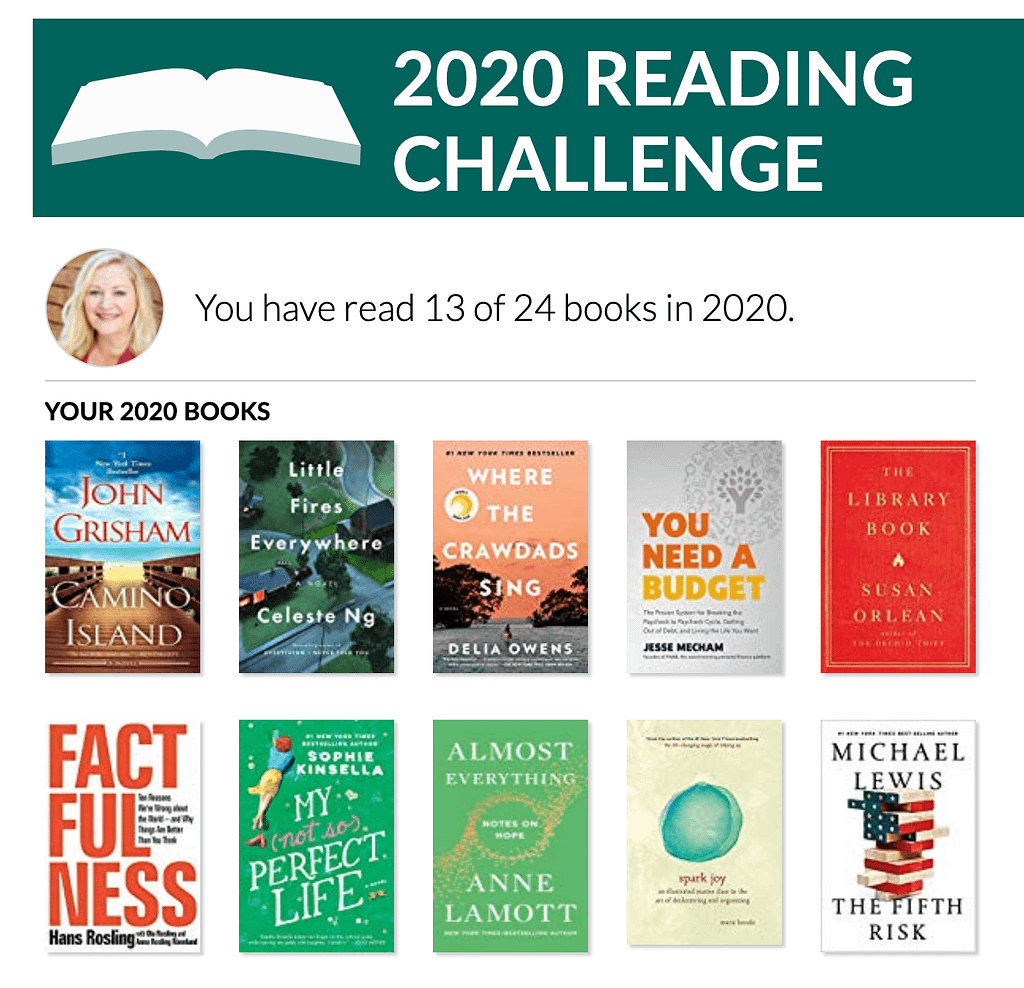
The habit I am emphasizing is taking my Kindle to bed to do my nightly reading, instead of using the iPad. My goal is to do that at least four nights per week. However, it has been so enjoyable that I find I am practicing the new habit a lot more often than that.
The app I’m using to track the habits I have established for 2020 is called Streaks. It automatically tracks my goal of closing my rings on my Apple Watch. It is also able to track a four-day-a-week goal, like my Kindle vs iPad one. And a whole bunch of other types of habit goals.
Two books related to this curiosity of mine that I purchased but haven’t quite started reading are:
- Rest: Why You Get More Done When You Work Less, by Alex Soojung-Kim Pang
- Atomic Habits: An Easy & Proven Way to Build Good Habits and Break Bad Ones, by James Clear
I know that many of you who are reading these words have read them, as they come highly recommended. I am looking forward to discovering even further how habits can help me achieve my goals. I am also prepared to learn a thing or two about the importance of rest and how to get more of it in my life.
Notion
Finally, I have been playing around with Notion quite a bit. The first time I was able to use Notion was when I copied Mike Caufield’s Check, Please! Starter Course over to my new Notion account. In case you’re interested in his course, too, here’s a description of it:
“In this course, we show you how to fact and source-check in five easy lessons, taking about 30 minutes apiece. The entire online curriculum is two and a half to three hours and is suitable homework for the first week of a college-level module on disinformation or online information literacy, or the first few weeks of a course if assigned with other discipline-focused homework.”
Mike Caulfield made it such that people can copy it over to our own Notion accounts and customize it to meet our individual needs. He just asks that any instances of it link back to his original course, so people are able to find their way back to where it all started.
The more I kept hearing people talk about Notion, the more I thought it might be a good idea to check it out for myself. I started to put some workflows up there to teach people how to edit stuff on my departmental website. It is really easy to learn and can be used in a myriad of ways.
Here’s an example from Thomas Frank on YouTube how he uses Notion to track all of the production steps for his online videos. And below are a few more Notion resources:
Dave and I are starting to talk about putting the workflows for our respective podcasts on Notion and seeing what else it can do for us.
Your Turn
What has ignited your curiosity in recent weeks?
